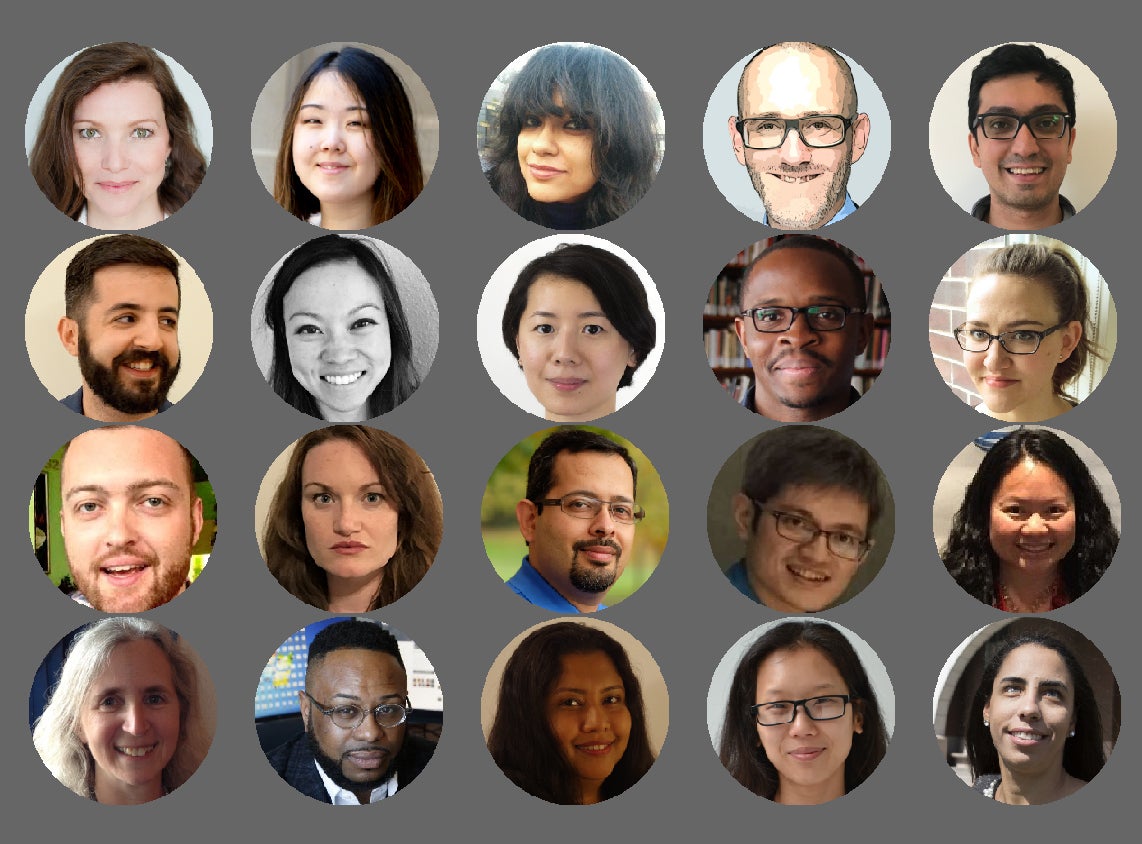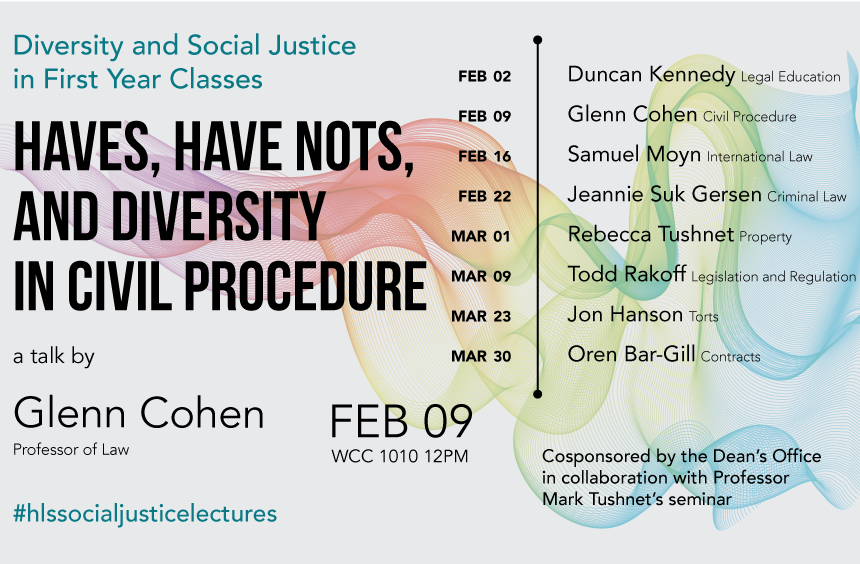People
Rebecca Tushnet
-
Dante Ramos: Facebook needs more human eyeballs
September 25, 2017
On their own, computers don’t know that it’s bad to treat racists or anti-Semites as just another niche marketing demographic. But Facebook and Google aren’t deploying enough human eyeballs to prevent the misuse of their ad systems. Instead, they’ve been making money off it...Facebook and Google, in contrast, have consciously decided to offer ads, via automated sales platforms, to algorithmically identified interest groups. Because of narrow targeting, people who might otherwise spot a misleading ad, and raise a ruckus about it, may never see it in the first place...“If they’re just passing along content from someone else, they can’t be held liable,” says Harvard Law School professor Rebecca Tushnet.
-
Why Taylor Swift Trademarks Her Lyrics and Why Other Acts May Follow Suit
September 22, 2017
Taylor Swift has made it clear to the world she controls her brand, and one tool the singer leverages regularly to achieve this goal is trademark law. Swift's team has been regularly filing trademark applications for lyrics and other slogans under her holding company, TAS Rights Management LLC, striking down infringers in the process. But does it really work, and is this approach for everyone?...Enforcing a trademarks can be more difficult than obtaining one, though, especially in the digital age...As Harvard Law School Professor Rebecca Tushnet put it, “It looks bad to sue your fans if they're doing it because they are your fans.”
-
Netflix and Escobar Family in Bitter Trademark Dispute Over ‘Narcos’
September 21, 2017
Amid the unwelcome glare of the Sept. 11 shooting death of Carlos Munoz Portal — a Narcos location scout killed on the job in the rural region north of Mexico City — Netflix must also contend with an ongoing trademark dispute with the family of Pablo Escobar, the Colombian drug kingpin dramatized in the hit series...According to Rebecca Tushnet, a Harvard Law School professor who focuses on copyright and trademark law, it's unlikely that Escobar Inc. could have a trademark claim to "Narcos" — a word which has come to mean anyone involved in the drug-cartel trade. "It's possible to have trademarks that are the same for different goods and services. For example; Delta Airlines, Delta Dental, Delta Faucet," Tushnet says. "But at least some of the goods and services in the applications are overlapping.
-
Google Is in a Fight for Its Name That Involves Aspirin and T-Pain
September 5, 2017
...Now Google is a brand worth an estimated $113 billion, and the word “google” is often used as a verb meaning “to search online.” Two entrepreneurs — who are not quite on the level of Page and Brin — are trying to exploit the popularity of the term, saying it has become so common that Google should no longer have a monopoly on its own name....“Consumers are in charge of the language,” Harvard law professor Rebecca Tushnet told TheWrap. “Whatever they think is a generic term for a product or service, is.”
-
‘Free speech’ rally speakers, little heard, end event quickly
August 22, 2017
They said they had come to stand up for free speech, but in the end, their invited speakers addressed only a small group of sympathizers, on a bandstand surrounded by barricades, far from the throngs of counterprotesters, who could not hear them at all. By 12:45 p.m., only 45 minutes into their official program, organizers of the Boston Free Speech rally ended the event and were escorted by police out of the park, to chants of “Go home, Nazis” from the crowd. A Facebook post for the event listed 14 speakers and was scheduled to last for two hours...Those who study and advocate for the First Amendment were split on the city’s actions. “Free speech doesn’t guarantee that anybody listens to you,’’ said Rebecca Tushnet, a First Amendment specialist at Harvard Law School. She said the ideas of the rally came across because of the heightened attention to it.
-
The American Civil Liberties Union is suing Metro, alleging the transit agency’s restrictions on “issues-oriented” advertisements violate the First Amendment...Rebecca Tushnet, a professor of First Amendment law at Harvard Law School, said the ACLU’s case against Metro is “extremely strong.” “They [WMATA] do seem to be acting pretty inconsistently, and they seem to not have a clear policy,” she said. “For a government institution that decides to have advertising, for better or for worse, you can’t have your standards for what is allowable based on the identity of the person in the advertisement.”
-
Berkman Klein Center announces 2017–2018 community
July 13, 2017
The Berkman Klein Center for Internet & Society at Harvard University today announced the incoming and returning fellows, faculty associates, affiliates, and directors who together will form the core of the Center’s networked community in the 2017-2018 academic year.
-
During this year’s spring semester, Mark Tushnet, the William Nelson Cromwell Professor of Law, is teaching a novel seminar called “Diversity and Social Justice in First Year Classes.” It combines classroom teaching with an eight-part public lecture series examining how issues of diversity and social justice can be integrated into the core 1L classes.

